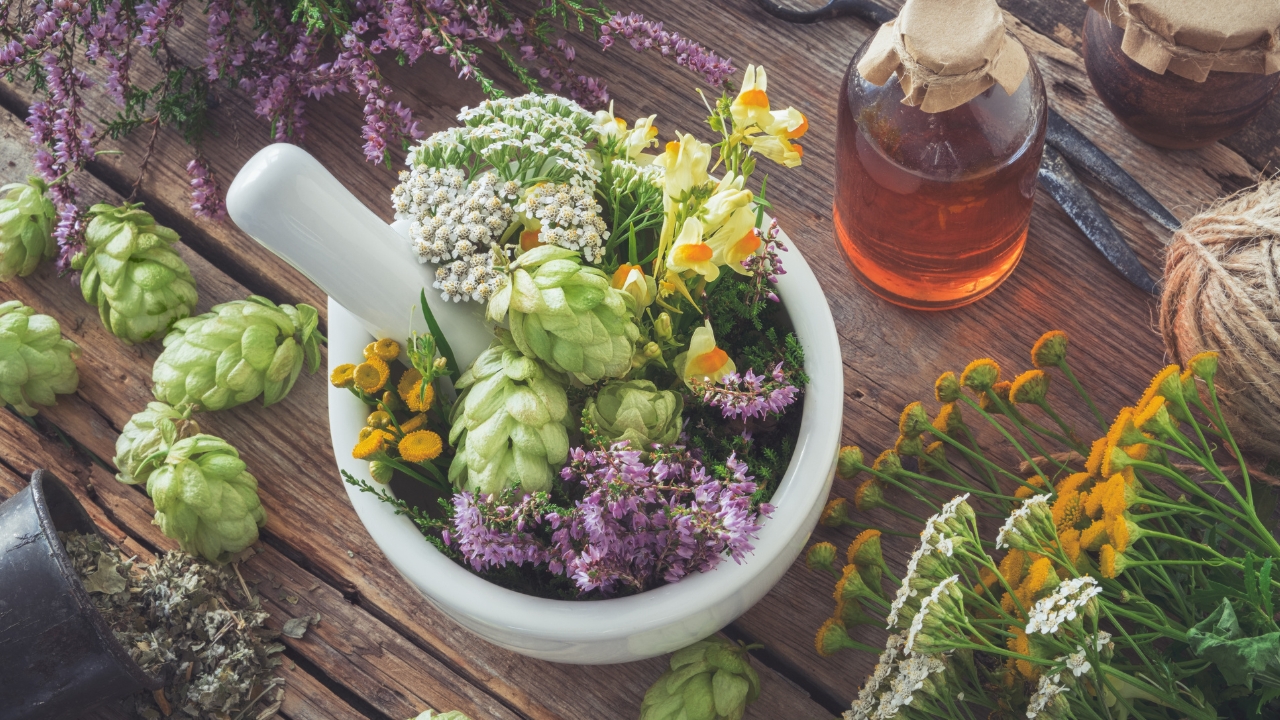
The Benefits of Plant Bioactive Ingredients
Consumers seek out foods, beverages, and dietary supplements formulated with healthy ingredients found in nature. This demand busts open the door for opportunities with innovative plant-based products—especially ones with known health benefits. Combining nutrigenomics and plant cell cultivation technologies is reshaping how we access health-beneficial compounds (i.e., bioactives) from plants and deploy them in personalized health solutions.
What are Plant Bioactives?
Plant bioactives are naturally occurring compounds in plants that have beneficial effects on human and animal health. These compounds include flavonoids, polyphenols, and terpenoids, which can support immune function, reduce inflammation, and provide antioxidant protection. By harnessing the power of plant bioactives, industries can create health-promoting products that enhance wellness and prevent disease.
Bioactive ingredients are found in various parts of plants, including leaves, roots, and fruits, and they contribute to the plant’s defense mechanisms. As natural and sustainable ingredients, plant bioactives are increasingly used in nutraceuticals, cosmetics, and functional foods to improve overall well-being.
How Bioactive Ingredients Support Physiological Functions
When bioactive ingredients are consumed by humans and animals, they may support various physiological functions:
- Immune Modulation: Certain bioactives, such as flavonoids, enhance the immune system’s ability to fight off pathogens and maintain overall health.
- Anti-Inflammatory Effects: Polyphenols and terpenoids can modulate inflammation, a key factor in many chronic diseases, and may contribute to long-term wellness.
- Antioxidant Protection: Carotenoids and other antioxidants can neutralize free radicals, reduce cellular damage, and support healthy aging.
- Cardiovascular Health: Bioactives like polyphenols support heart health by improving lipid profiles, enhancing blood circulation, and supporting overall cardiovascular health.
- Cognitive Function: Some bioactives, including specific terpenoids, have neuroprotective properties that can support cognitive functions like memory, focus, and overall brain health.
Challenges in Bioactive Production
Wildcrafting is a common method for sourcing valuable bioactive ingredients for their use in health and wellness products. Since bioactives are stress-induced molecules, they naturally help plants endure the often harsh conditions of wildcrafting. However, wildcrafted plants, which grow in varied and unpredictable environments, can often fail to produce these health-beneficial molecules in consistent quantities.
Traditional agriculture also faces challenges in producing consistent levels of bioactives. Like in wildcrafting, factors such as weather, soil quality, and other environmental variables are difficult to control. Moreover, because these molecules are stress-induced, overly favorable agricultural conditions can inadvertently reduce their levels. Additionally, improper post-harvest handling and processing can degrade these compounds, diminishing their effectiveness and potentially compromising safety.
Innovation in Bioactive Ingredient Cultivation
Ayana Bio addresses these challenges by using plant cell cultivation to produce health-promoting bioactive ingredients in controlled bioreactors. This method bypasses wildcrafting or traditional agriculture and enables the rapid production of bioactive ingredients with consistent potency.
By cultivating plant cells in a controlled environment, this approach:
- Ensures the desired bioactives are optimized for production and not impacted by external environmental conditions or long growth cycles.
- Provides a non-GMO, sustainable solution that maintains the full phytospectrum of plant compounds.
- Creates a flexible and resilient supply chain that can meet fluctuating market demands.
Ayana Bio uses genetic sequencing, high throughput multi-omics technology, and analytical chemistry to select the best plant cell lines and optimize processes for commercial scale. Advanced analytical methods quantify and ensure the quality of the bioactives of interest, thereby providing product developers with confidence in the consistency and potency of their ingredients.
The Future of Bioactive Ingredient Utilization
Advanced technologies allow us to boost the health, wellness, and sustainability profiles of natural ingredients. Innovations like plant cell cultivation ensure a consistent supply of high-quality bioactive ingredients and address broader challenges posed by environmental and agricultural limitations.
Standardization and quality control measures will prove critical as these bioactives are formulated into products. Likewise, stability—particularly in complex formulations—is essential to maintaining bioactive efficacy.
Emerging trends, like the growing demand for clean-label products, align closely with the sustainable and consistent production offered by plant cell cultivation. As the industry advances, collaborations between suppliers and CPG companies will be crucial in optimizing the accessibility and effectiveness of bioactive ingredients to promote global health and well-being. The future of bioactives lies in harmonizing nature with cutting-edge technology. These measures will ensure sustainable and reliable solutions that meet the growing demand for natural health products.
 BACK
BACK